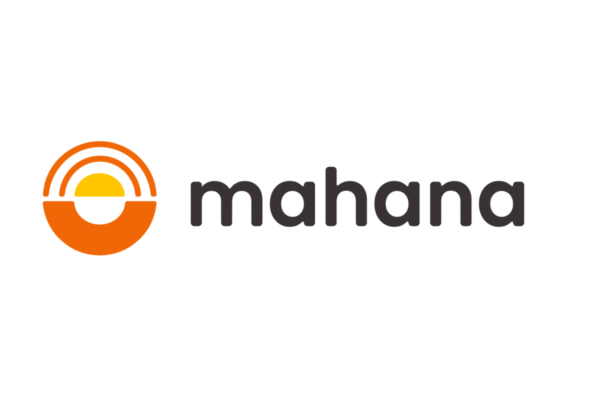
The challenge
IBS is a highly prevalent, chronic, often severely debilitating condition which affects approximately 10% of the UK population. Direct costs to the NHS are estimated to be between £1- 2bn per year.
Gastrointestinal problems account for 1 in 12 of GP consultations, of which 60% were IBS. Less than one-third of IBS patients treated with pharmacotherapy experience symptom relief.
In secondary care, approximately half of gastroenterology referrals are for functional disorders such as IBS, although hospital clinics can rarely offer direct treatment for IBS. Some patients also present to accident and emergency with their symptoms. CBT is recommended as an effective treatment for IBS by NICE and the British Society of Gastroenterology, but clinical evidence doesn’t yet exist to prove the efficacy of CBT as a first-line treatment.
In part, this is because psychotherapy services do not have capacity to provide CBT for IBS patients. As a result, patients can spend years feeling ignored and helpless. Clinicians are equally frustrated at not being able to offer a solution.
The solution
Mahana IBS Mobile App delivers self-guided, gut-directed CBT, based on a protocol that was developed by Kings College London and University of Southampton and has been proven effective.
The original digital CBT protocol was validated in the world’s largest RCT of its kind (n:558) and provided 63% of patients with significant (IBS SSS score reduction of 50 points or more) symptom relief, which was durable in patients for at least one year. The technology was licensed and further developed by Mahana Therapeutics, who obtained FDA clearance and UKCA Mark for the Mahana IBS Self-Guided Digital CBT Programme, delivered via a mobile app. Mahana IBS provides comparable results in real-world settings for thousands of patients in the US and now many patients in the UK.
Without the need for psychotherapist intervention, IBS patients can now be offered Mahana IBS in a variety of NHS care settings and can immediately receive treatment in a manner that is accessible and convenient to them and is demonstrably effective.
Mahana combines the app development capabilities of Silicon Valley, with the evidence-based standards that are found in pharmaceutical companies.
The impact
Mahana is performing various research in partnership with NHS sites to quantify the health economic benefit of Mahana IBS in the NHS. Data is not yet available but qualitative improvements will include:
Cost efficiency and extending capacity
- Direct savings to NHS on the overall cost burden of IBS (£1-2billion) from offering a new effective treatment for IBS patients that addresses the root cause of the chronic condition (brain-gut disorder).
- Reduce unnecessary procedures or pharmacological interventions in IBS, through providing an effective, digital therapeutic that is a durable treatment for IBS symptoms.
- Reduced costs compared to providing in person Therapist Guided CBT for IBS (NICE assessment).
- Reduced waiting lists in both primary and secondary care through reduced repeat visits (in primary care) and reduced referrals and unplanned visits (in secondary care).
Patient Outcomes
- Transform access to convenient Gut-Directed CBT for IBS for healthcare providers and patients.
- Improve health outcomes and standard of care for IBS patients (63% of patients achieved clinically significant results with Mahana IBS vs TAU (Treatment as Usual).
- QALY improvements for patients through a novel, effective and durable treatment which is much more widely available.
For more information, visit: http://www.mahana.uk